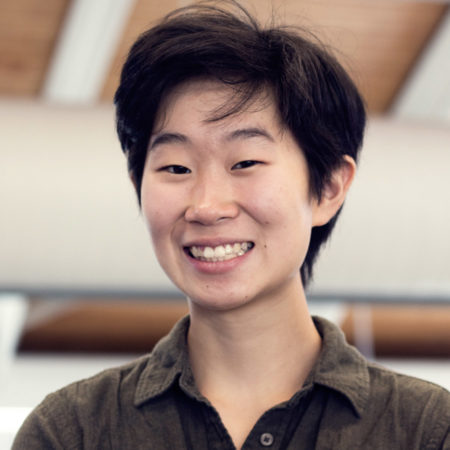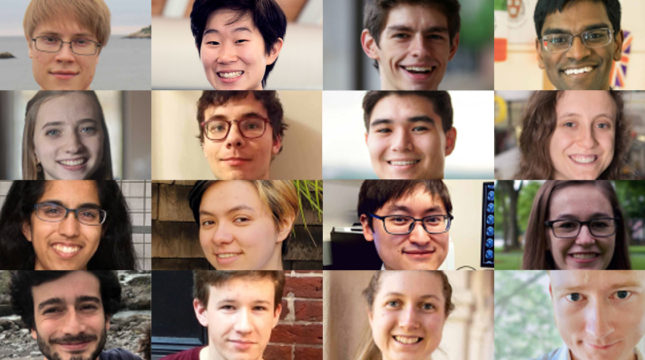Katherine Xiang

Katherine Xiang is a PhD Candidate in Physics at Harvard University.
Advised by Adam Cohen, Katherine conducts experiments to understand the effects of magnetic fields on fluorescent proteins. She also studies small molecule transport in cells.
As an undergraduate at Johns Hopkins, Katherine researched cell force generation and galactic bar buckling in the groups of Daniel Reich and Nadia Zakamska, and modeled intracellular calcium transport in Elena Koslover’s group.
Katherine grew up in the San Francisco Bay Area.
Graduate Studies
Undergraduate Studies
Awards
2020, National Science Foundation Graduate Research Fellowship
2020, Kerr Memorial Award, Johns Hopkins University
2019, First Place Team, International Theoretical Physics Olympiad
2019, Early Career Astronomer Travel Assistance Fund Grant, Sloan Digital Sky Survey
2019, Dean’s Undergraduate Research Award, Johns Hopkins University
2018, Best Education Hack, WHACK (Wellesley Hacks)
Related News

Related Events
